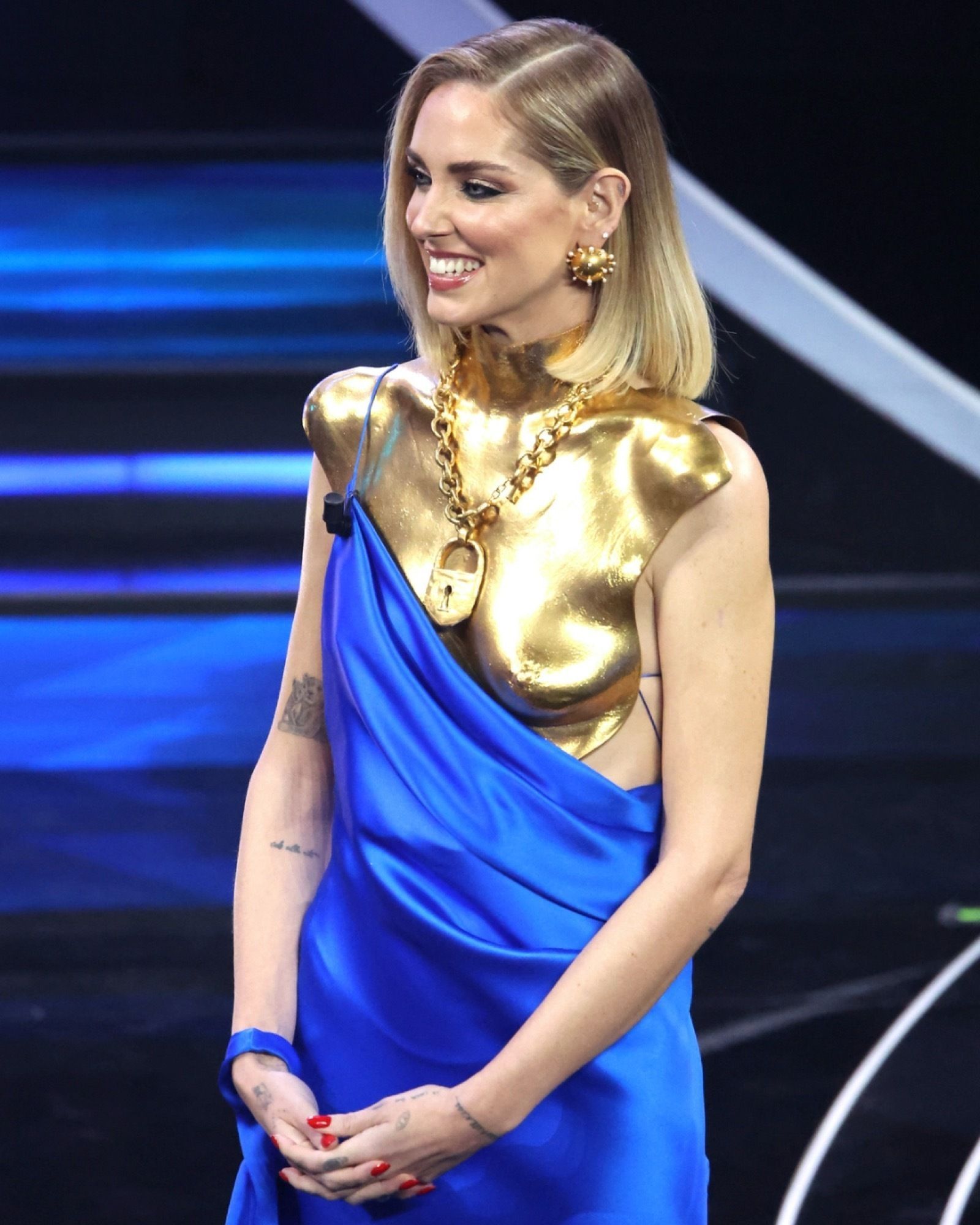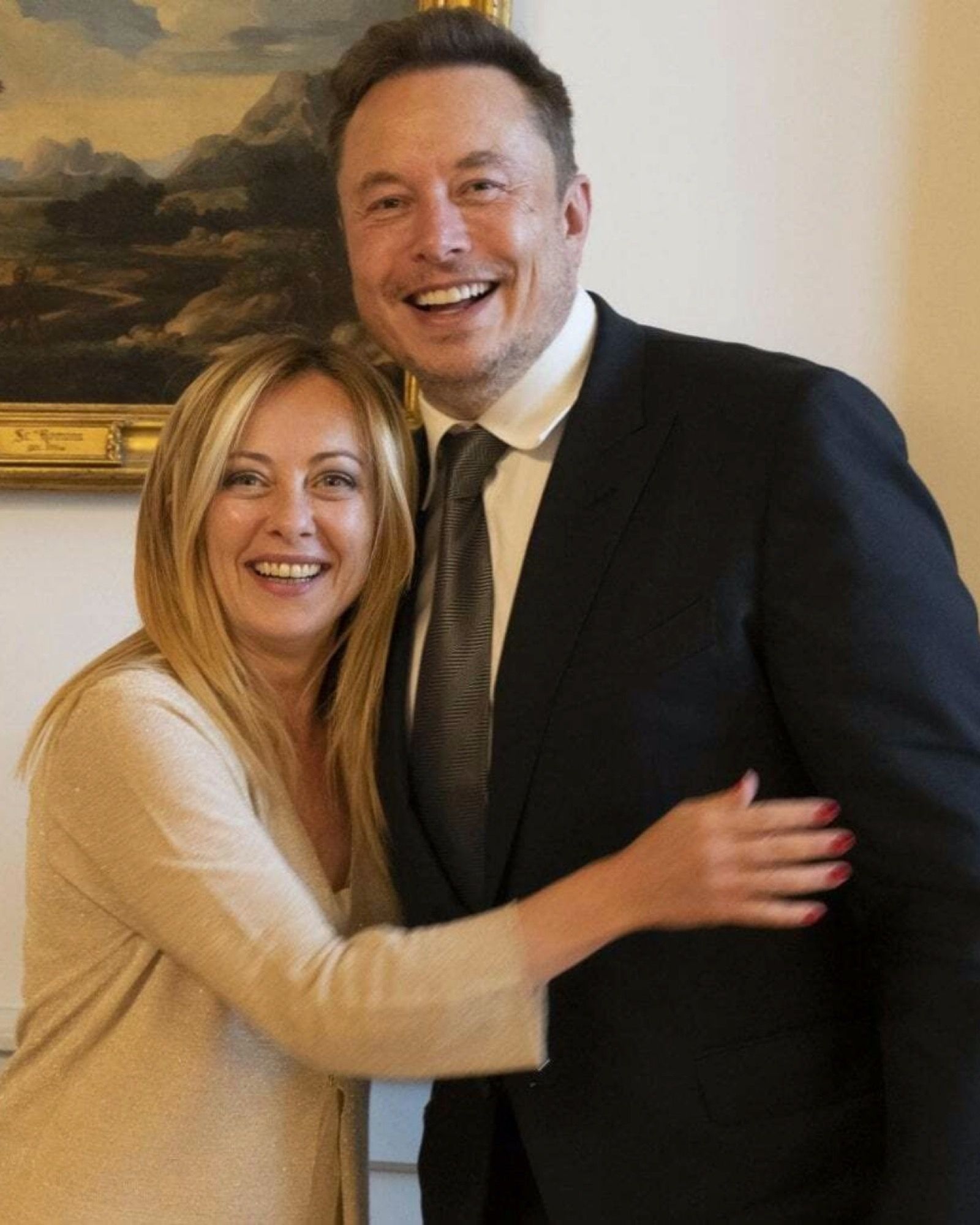
Why the far right loves The Lord of the Rings A fascination that began in the 1970s
Recently, Giorgia Meloni inaugurated an exhibition in Rome – not a common occurrence for a Prime Minister. However, it was a special event, strongly supported by the government itself. The exhibition is dedicated to Tolkien, the author of The Lord of the Rings, and was conceived, funded, and sponsored by the Ministry of Culture. Meloni is a big fan of the British writer: she has often mentioned him in her speeches and books, describing him as one of her favorite authors. Organized at the National Gallery to mark fifty years since Tolkien's death, the exhibition – in collaboration with the University of Oxford – will be open until February 11 and is the largest fantasy writer exhibition in Italy. It focuses on his private life and how it influenced his literary production; in fact, the title is Tolkien. Man, Professor, Author. According to Repubblica, Sgarbi – the government's undersecretary for culture – did not hide that the exhibition was organized to do "a favor to Meloni." The New York Times and the Guardian also criticized the event, highlighting that Giorgia Meloni's passion for Tolkien is not an isolated case: the extreme right, especially in Italy, has a particular attachment to The Lord of the Rings – a fascination that dates back several years.
Where does the extreme right's love for Tolkien come from?
@torcha Il Signore degli Anelli di Tolkien è un vero e proprio feticcio della destra italiana. La sua saga continua a rappresentare la simbologia della gioventù di destra ed è il vessillo identitario di Giorgia Meloni e soci. Molti fan del libro hanno detto che si tratterebbe un caso di appropriazione culturale, cioè di utilizzo da parte di un diverso gruppo culturale di un insieme di riferimenti e valori specifici altri. Ma da che cosa nasce questa fascinazione per elfi, draghi e maghi? Scopriamo insieme nel video #tolkien #signoredeglianelli #lordoftherings #tolkientok #booktok #libro #film #mostra #giorgiameloni #pinoinsegno #politica News / Truth Investigation / Investigation / Suspicion / Consideration(1013150) - A.TARUI
The first Italian translation of The Lord of the Rings, published in 1970, had a long preface by Elémire Zolla, an expert in the history of religions, who provided his personal interpretation that Tolkien – more or less unconsciously – had conceived the entire book series based on the antithesis between the modern and ancient worlds. This dichotomy fascinated the Italian extreme right, which has had a particular connection with the novel since then. Tolkien, for his part, demonstrated his opposition to fascism on several occasions. The work, written during World War II, despite lending itself to very different interpretations, does not possess the political value that has been attributed to it entirely instrumentally by neofascist circles. In the seventies, however, the extreme right – in Italy and in Europe – was going through a period of crisis and was looking for a new identity: with the defeat of Nazi-fascism, individual movements had been politically marginalized almost everywhere. In particular, Italian militants developed a certain nostalgia for the past and for a kind of original fascism, considered more authentic; at the same time, they adopted a vision against progress and the "modern world." The Italian extreme right found these assumptions in Zolla's interpretation of The Lord of the Rings: it became the favorite novel of the movement, which soon exported the fascination for the fantasy world abroad. At the same time, the movement was influenced by the fact that Tolkien's work is inspired by Norse mythology, just as the neofascist apparatus did for its symbolic imagery. In those years, the Fronte della Gioventù – the youth organization of the Italian Social Movement, i.e., the party that gathered fascism nostalgics, from which Fratelli d'Italia by Giorgia Meloni later originated – began to display Celtic crosses at its events.
How the extreme right appropriated The Lord of the Rings
To understand how much the Italian extreme right fell in love with The Lord of the Rings, it is enough to know that, in the late seventies, the Fronte della Gioventù began to periodically organize festivals called Campo Hobbit. Meloni herself in her autobiography recounted that during one of these gatherings, she dressed up as Samwise Gamgee, one of the hobbit protagonists of the saga. At the first edition of the event, a band called the "Fellowship of the Ring" even played, a neoprogressive group considered one of the precursors of the so-called alternative right-wing music, i.e., that artistic trend linked to neofascist political groups. In more recent times, a line from a poem in The Lord of the Rings, "deep roots are not frozen," was taken up on a T-shirt from the Fratelli d'Italia merchandise. Furthermore, in 2022, while running for prime minister, Giorgia Meloni engaged Pino Insegno, who had dubbed the character Aragorn in Peter Jackson's trilogy, for her final rally. After her election as Prime Minister, her sister Arianna Meloni publicly congratulated her with a message making a clear reference to the story around which the entire novel revolves: "I will accompany you to Mount Doom to throw that ring into the fire, like Sam with Frodo." The fascination of the extreme right for Tolkien came back into discussion in Italy last year with the release of the Amazon series The Rings of Power, set in the same universe as The Lord of the Rings. On social networks, many criticisms and threats were made to various non-white individuals in the cast, to the point that the production had to release a statement in their solidarity. In the United States, in particular, the controversy was encouraged by right-wing media and politicians, mostly as a pretext for propaganda and to promote the polarization of public debate, introducing some ideas that winked at neofascist imagery.















































